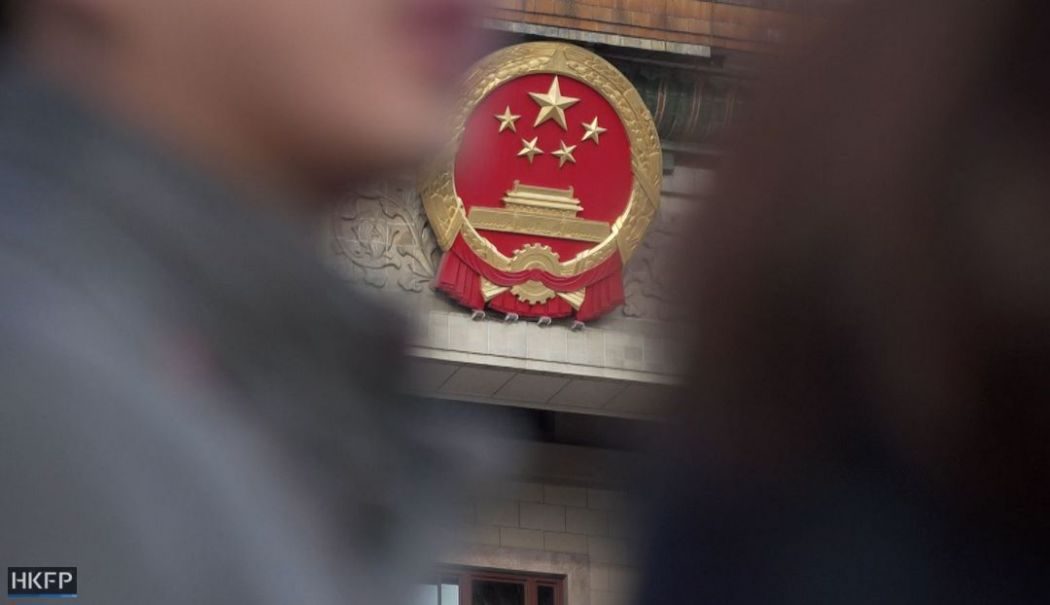I try not to get into fights with other columnists. We are all entitled to our own view of matters. But I am occasionally roused to protest when enthusiasm for propaganda leads to a collapse in quality control and the perpetration of untruths about things I take seriously.
Consider Nury Vittachi, who was once a harmless joker but of late has been making an honest living from a stream of rather cheap gibes about protesters, interspersed with equally cheap gibes about pan-democrats, and occasional excursions for a poke at other targets, like Joshua Wong or “western journalists.”

No doubt this goes down well in the Standard these days. But lurking in last Monday’s offering was this:
“From Daniel Dumbrill, ‘another fun fact, in the 156 years of British rule there was no free speech law.’ The laws which protect Hong Kong’s freedom of speech date back to the 1997 change of sovereignty.”
Dear me. Let us overlook as a bit of a historical backwater the part of the Crimes Ordinance on sedition, which specifically exempts from prosecution for sedition some kinds of political speech. Passed in the 1930s, but a bit trivial.
Let us also leave aside as a plaything for academic lawyers the point that the comparison is rather unfair. Britain itself for centuries had no law protecting free speech, relying on a largely unwritten constitution which had no place for positive rights of this kind. Free speech law only arrived when the UK joined the European community and became subject to the European human rights system in the 1980s.

Why would we expect the Brits to export something they hadn’t got themselves?
But even a dumb journalist, or a dumb specialist in whatever Mr Dumbrill does for a living, should have done enough research, before inflicting his conclusions on the public, to discover the Bill of Rights Ordinance, which was enacted in 1991 and contains specific provisions on freedom of speech, among other cherished rights.
So Mr Dumbrill’s fun fact is in fact a fun lie. Not a happy inclusion for a column called “Reliable Sauce.”
Never mind. Mr Vittachi has achieved the Valhalla of pro-regime columnists, a slot in the China Daily. He celebrated this elevation with a piece so hilarious that I nearly did myself a painful injury laughing at it.

The high point:
“In recent days, I have been told repeatedly that unrestrained, loudmouth commentators like me will be the first to be silenced. This week, I had an article full of inconvenient truths censored — not by China, but by Americans. On the same afternoon, China Daily offered me this space. There’s a lesson in open-mindedness right there.”
Really, repeatedly? How many people can there be out there whose idea of an “unrestrained loudmouth commentator” is Nury Vittachi? The “first to be silenced” will be those who called for independence, followed by those who called for freedom and those who called for an end to one-party rule. Those who specialise in a poke at the powerless may even survive and prosper.
I understand the “article full of inconvenient truths” was not censored because of truths, inconvenient or otherwise, but because someone who was named in it complained that he did not wish to be identified.

As for the open-mindedness of the China Daily, in my experience that does not extend to tolerating a wide range of views in contributors.
Well I wish Mr Vittachi every happiness in his new role. But contemplating his flow of partisan giggles I fear there is a problem, pithily summed up by Dorothy Parker: “There’s a hell of a distance between wisecracking and wit. Wit has truth in it; wisecracking is simply calisthenics with words.”
